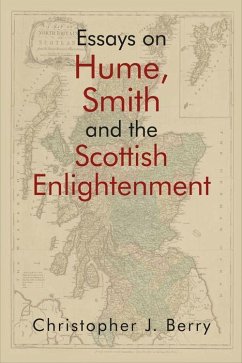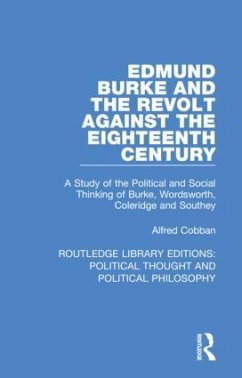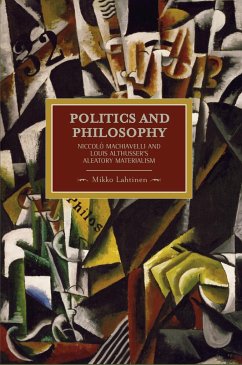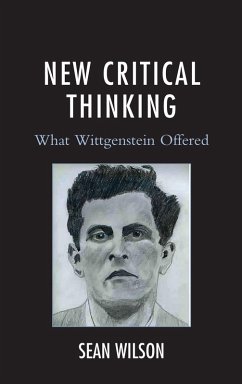Nicht lieferbar

British Idealism and Political Theory
Versandkostenfrei!
Nicht lieferbar
British Idealism -- influenced at the end of the eighteenth century by the character of German Idealist thought developed by Kant, Fichte and Hegel -- began to establish its roots during the middle of the nineteenth century and rapidly became the dominant British philosophy. It began to be challenged at the turn of the century by philosophers including Bertrand Russell and by the end of the First World War it was on the retreat, although its philosophical reverberations are still evident. Testimony to this fact is the considerable renaissance of Idealist studies, and particularly in the works ...
British Idealism -- influenced at the end of the eighteenth century by the character of German Idealist thought developed by Kant, Fichte and Hegel -- began to establish its roots during the middle of the nineteenth century and rapidly became the dominant British philosophy. It began to be challenged at the turn of the century by philosophers including Bertrand Russell and by the end of the First World War it was on the retreat, although its philosophical reverberations are still evident. Testimony to this fact is the considerable renaissance of Idealist studies, and particularly in the works of its most recent twentieth-century exponents, Michael Oakeshott and R.G. Collingwood. This book offers an introduction to British Idealism through a study of each of the seven key thinkers -- T. H. Green, Bernard Bosanquet, F. H. Bradley, Henry Jones, David Ritchie, R. G. Collingwood, and Michael Oakeshott. It explores the religious, political, moral, ideological, and economic themes that underpin their work, stressing the relevance of their philosophy -- with the emphasis on social cohesiveness and the relationship between individual and collective responsibility -- to current politics. Written by two of the leading experts in the field, this is a valuable text that will introduce the theory of British Idealism to a broad range of readers.













